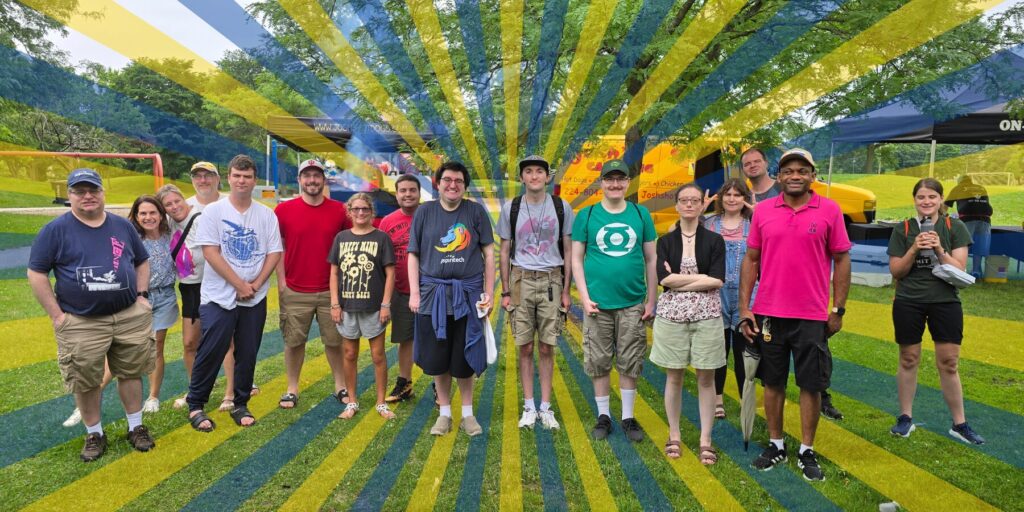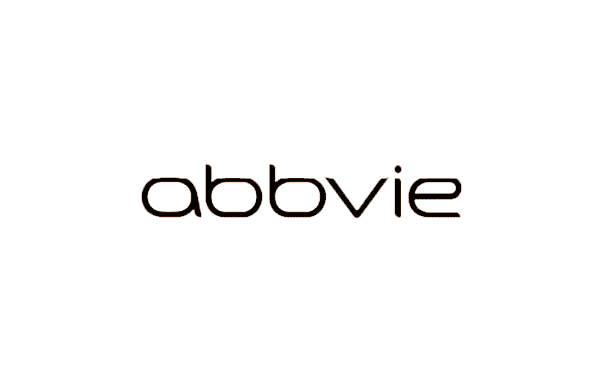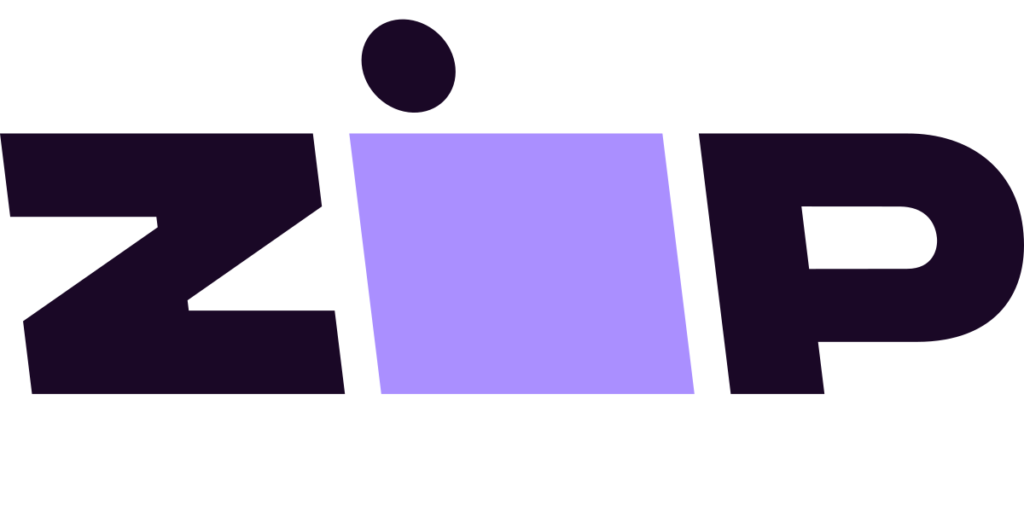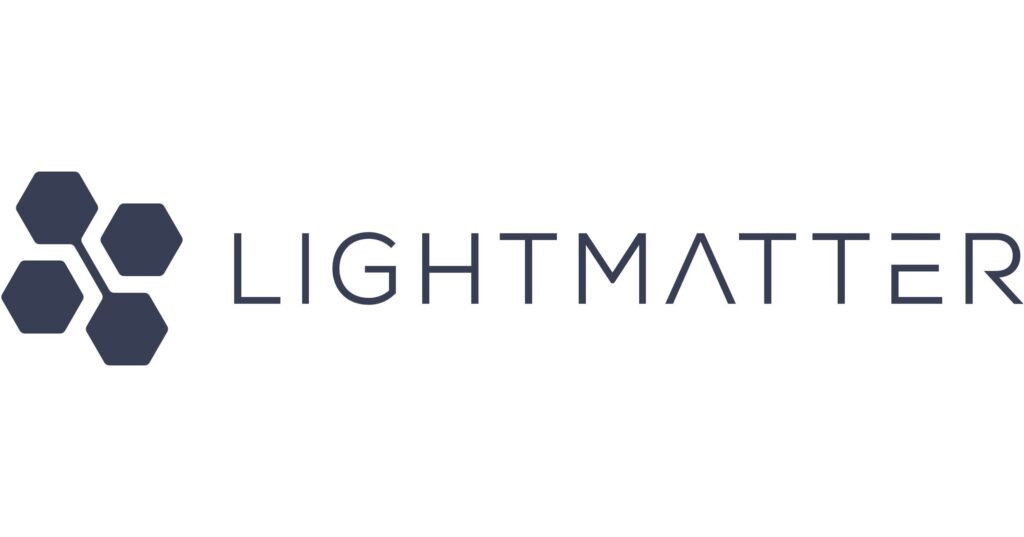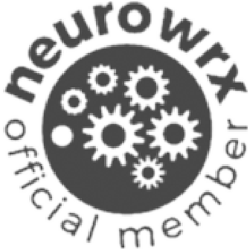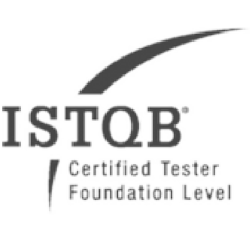This month’s publication of Disability:IN’s 2025 Disability Index Report provides the accessibility community with a snapshot of where businesses stand on disability inclusion this year. It also highlights how much further there is to go.
With submissions from 655 companies across eight countries, the Index reveals a global shift toward better inclusion practices. More organizations are moving beyond obligatory compliance to cultural commitment, and from standalone efforts to integrated systems. It is no longer a question of whether inclusion practices matter (we at Aspiritech know that they absolutely do), but rather whether companies are building it into every level of their operations to provide a more equitable workforce environment.
Here’s what stood out to us, and how it connects to Aspiritech’s mission of neurodivergent empowerment and our unique approach to helping partners build more accessible online experiences.
Accessibility Is Becoming Core Business Infrastructure
This year’s Index shows a strong baseline of inclusive practices across participating companies. Nearly all respondents offer flexible work options (99%), maintain multi-channel communication systems (96%), and have disability-focused employee resource groups (90%). Most also include disability non-discrimination policies during recruitment and provide formal accommodations processes.
These numbers are signs of real momentum, reflecting a growing recognition that accessibility in the workplace supports better retention, engagement, and innovation. But inclusion on paper only becomes meaningful when it translates into lived experiences, and we encourage organizations to examine whether all of their employees are truly being included and empowered to bring their whole selves, disabilities and all, to work.
Neurodivergent Professionals Are Leading the Future of Tech
One of the most compelling findings in this year’s report is the role disabled employees are playing in shaping tech adoption. According to the Index, people with disabilities are adopting AI and automation tools faster than their non-disabled peers. That includes using assistive technology, customizing workflows, and creatively integrating emerging tools into their daily work.
This mirrors what we see at Aspiritech. Our neurodivergent professionals—many of whom have been navigating digital environments with adaptive tech for years—are going beyond just keeping up with innovation to actually drive it into the future. Their technical skills combine with strengths in pattern recognition, systems thinking, and detail-oriented analysis to make them especially well-equipped for testing new tools and ensuring platforms are truly usable by everyone.
Inclusive workplaces and accessible tech development go hand in hand. When companies embrace neurodivergent talent and prioritize accessibility from day one, they build smarter systems that serve more people than ever before.
Gaps Remain, But So Do Opportunities
While the report offers reasons to be optimistic, it also identifies three significant areas where many companies are falling short:
- Voluntary self-identification of disability status remains low, hovering around 4% globally. As Disability:IN writes in the report, “Voluntary self-identification of disability status provides insights that shape more effective recruitment, advancement, and retention strategies.” This makes it difficult to design inclusive workplace policies that reflect employee needs. It also indicates that there is an opportunity for employers to empower their team members to feel more comfortable about disclosing their disabilities at work.
- Only 39% of companies require vendors to meet accessibility standards, which creates risk and inconsistency across digital tools. If teams and clients could expect all their touchpoints with an organization to be inclusive, confidence, collaboration, and meaningful growth would undoubtedly follow.
- Just over half of companies have a centralized fund for disability accommodations, meaning many employees still face departmental gatekeeping when seeking support. The Job Accommodation Network reported in 2024 that a majority of employers say that their accommodations cost nothing to implement. Of those that do pay to provide their employees accommodations, there is a median one-time cost of $300 or a median ongoing cost of $1,925. So, even a small centralized fund could easily offset accommodation expenses in many cases.
These gaps highlight growth edges where inclusion could truly be operationalized. Aspiritech’s default neuroinclusive workplace practices, including providing sensory-friendly workspaces and specialized staff dedicated to helping team members be their best selves, have been part of our strategy from our early days, and we’re excited to watch other organizations take up similar approaches in the coming years.
Accessibility and Inclusion Must Scale with Strategy
The 2025 Disability Index Report encourages companies to move beyond one-off training sessions or policy pledges. It recommends integrating accessibility into governance, budgeting, manager training, and vendor relationships—areas where Aspiritech already supports mission-aligned partners.
For example:
In short, we help companies move from “we care about inclusion” to “here’s how we welcome and empower differences.”
And we’re in good company: Aspiritech was recently included in the premier Forbes Accessibility 100 list and named by Crain’s Chicago Business along with other Chicago-based organizations driving better accessibility and inclusion practices. The employment landscape is changing, and mission-driven companies are leading the way.
Accessibility and inclusion in the workplace aren’t optional anymore. They’re part of what it means to lead, and to serve your customers, teams, and communities with the intentional considerations they deserve.
At Aspiritech, we embody deep expertise, lived experience, and an unwavering belief that inclusive systems are the right approach to drive innovation. If your organization is ready to go beyond compliance and build for the future, we’re ready to help.
Connect with us to learn more about our accessibility services and neurodiversity-friendly leadership training.
